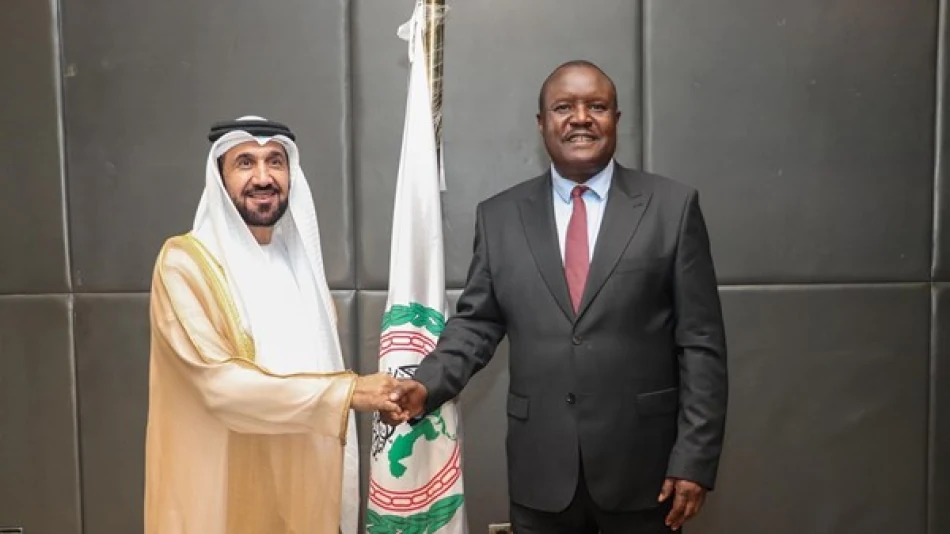
Arab and African Parliament Condemns Israel's Aggression Against Qatar
Arab and African Parliaments Unite Against Israeli Actions, Demand International Intervention
The Arab Parliament and African Parliament have issued a rare joint condemnation of Israeli military actions against Qatar and ongoing operations in Palestinian territories, calling for immediate international intervention and recognition of Palestinian statehood. The Cairo-issued statement represents a significant diplomatic alignment between two major regional blocs, potentially reshaping Middle Eastern geopolitical dynamics.
Unprecedented Parliamentary Alliance
The joint statement from Cairo marks a notable escalation in regional diplomatic pressure, with both parliamentary bodies describing Israeli actions as "flagrant violations of international legitimacy" and threats to global security. This coordinated response demonstrates growing institutional cooperation between Arab and African legislative bodies, moving beyond traditional bilateral diplomatic channels.
The timing of this joint declaration is particularly significant, as it comes amid heightened tensions across the region and reflects a broader pattern of international bodies seeking alternative diplomatic avenues when traditional UN Security Council mechanisms face gridlock.
Strategic Implications for Regional Politics
Qatar's Position Strengthened
By specifically condemning actions against Qatar, the statement reinforces the Gulf state's regional standing after years of diplomatic isolation during the 2017-2021 blockade. This support from 22 Arab nations and 55 African countries provides Qatar with substantial backing in its current tensions with Israel.
Palestinian Statehood Push Gains Momentum
The parliaments' call for global recognition of Palestinian statehood aligns with recent diplomatic victories, including increased recognition from European nations. This coordinated push by 77 countries represents approximately 40% of UN membership, creating substantial pressure for broader international recognition.
International Legal Dimensions
The statement's endorsement of South Africa's International Court of Justice proceedings signals a strategic shift toward legal rather than purely diplomatic solutions. This approach mirrors successful historical precedents, including the ICJ's advisory opinion on the legal consequences of Israel's occupation policies.
The parliamentary bodies' criticism of "international silence" reflects growing frustration with traditional diplomatic mechanisms, particularly Security Council paralysis due to US veto power on Israel-related resolutions.
Egypt and Jordan's Refugee Stance
The statement's praise for Egyptian and Jordanian rejection of Palestinian displacement carries particular weight, given both countries' peace treaties with Israel and their roles as key US allies. Their firm stance against accepting Palestinian refugees demonstrates the limits of Israeli strategic options and reinforces the principle that Palestinian displacement is unacceptable to neighboring Arab states.
This position effectively removes potential "safety valves" that might otherwise reduce international pressure for political solutions, making diplomatic resolution more urgent rather than allowing demographic engineering through forced migration.
Broader Implications for Middle East Dynamics
This joint parliamentary action represents a significant diplomatic recalibration, potentially influencing upcoming international forums and bilateral relationships. The coordination between Arab and African legislative bodies suggests a maturing of South-South cooperation mechanisms that could extend beyond the Palestinian issue to other regional challenges.
For international observers, this development indicates that regional diplomatic isolation of Israeli policies is deepening, potentially complicating normalization efforts and creating new pressures for policy adjustments in Washington and European capitals.
Most Viewed News

 Layla Al Mansoori
Layla Al Mansoori






